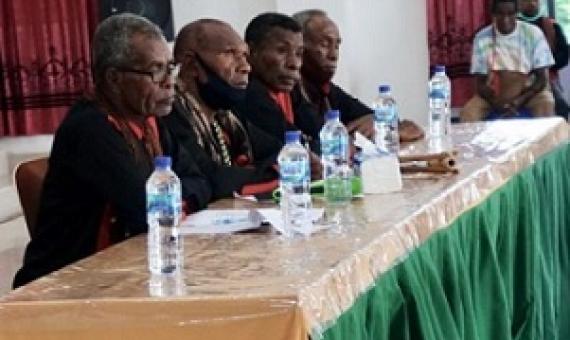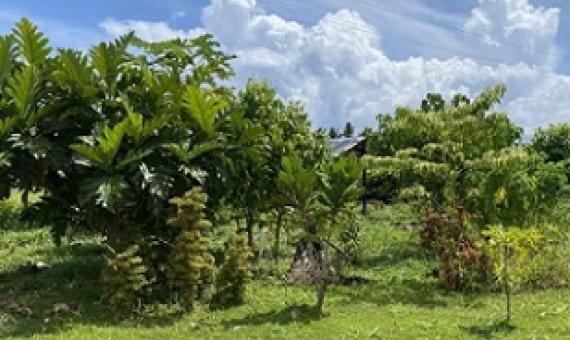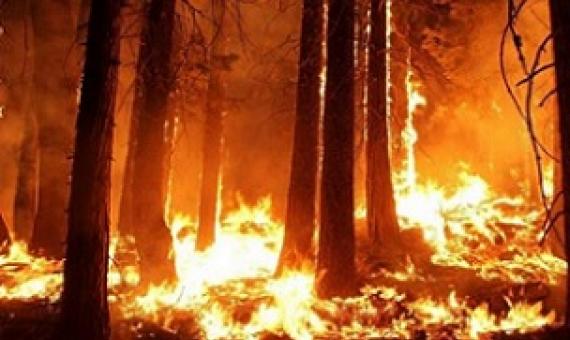Spatial Use of Marine Resources in a Village: A case study from Qoma, Fiji
Understanding the value of fishers’ Indigenous and Traditional Knowledge (ITK) and of fishers’ spatial use of customary fishing grounds is an important contributing factor to marine resource management. This study investigates and documents ITK of marine resources and the associated spatial knowledge of fishing areas in Qoma, a rural fishing village in Fiji. Using a sex-generational lens, our research combines theory and methods from Participatory Geographic Information Systems and ethnography.









